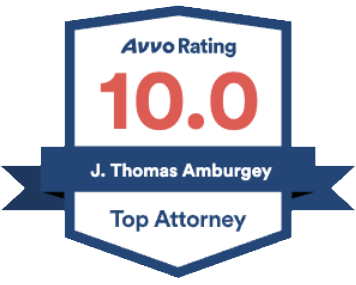Will You Go to Jail if convicted of a DWI?
Simple answer: it depends.
In North Carolina, DWIs are divided into levels of seriousness. If you are sentenced to the least serious level (Level 5, which is most common), then the judge will typically not require you to do jail time.
Here are the DWI sentencing levels in North Carolina and their jail sentences:
- Level A1 – 120 days in jail minimum*, 36 month maximum
- Level 1 – 30 days in jail minimum*, 24 months maximum
- Level 2 – 7 days in jail minimum*, 12 month maximum
- Level 3 – 72 hours jail/community service minimum, 6 months maximum
- Level4 – 48 hours jail/community service minimum, 120 days maximum
- Level5 – 24 hours jail/community service minimum, 60 days maximum
There are certain facts that, if present, greatly increase your chances of not only spending time in jail, but spending significant time in jail. If one of these factors is present, then a judge is required to sentence you to a Level 2, Level 1, or Level A1. These facts are called grossly aggravating factors. The most common factors that you need to be aware of are:
- If you have a DWI conviction within seven years,
- if you have a kid in the car,
- if your license is revoked because of a DWI,
- or if you’re involved in a wreck that causes a serious injury.
- If one of these is present in your case, you’re at risk of serving significant jail sentence.
As you may have noticed in Levels 3, 4, and 5, the minimum sentence is “jail/community service.” The judge has the discretion to give you community service instead of jail time. Some people would rather do jail time and some people would rather do community service. Ultimately, the judge decides which one, but most judges will let you choose.
The articles on this blog are accurate as of their date of publication and are intended to provide general information about the status of the law and commonly accepted practices in North Carolina.
These articles should not be considered legal advice.
For personalized guidance, we recommend consulting with a qualified attorney.

CERTIFIED LEGAL SPECIALIST

THE LEGAL ELITE

Best Lawyers in America






